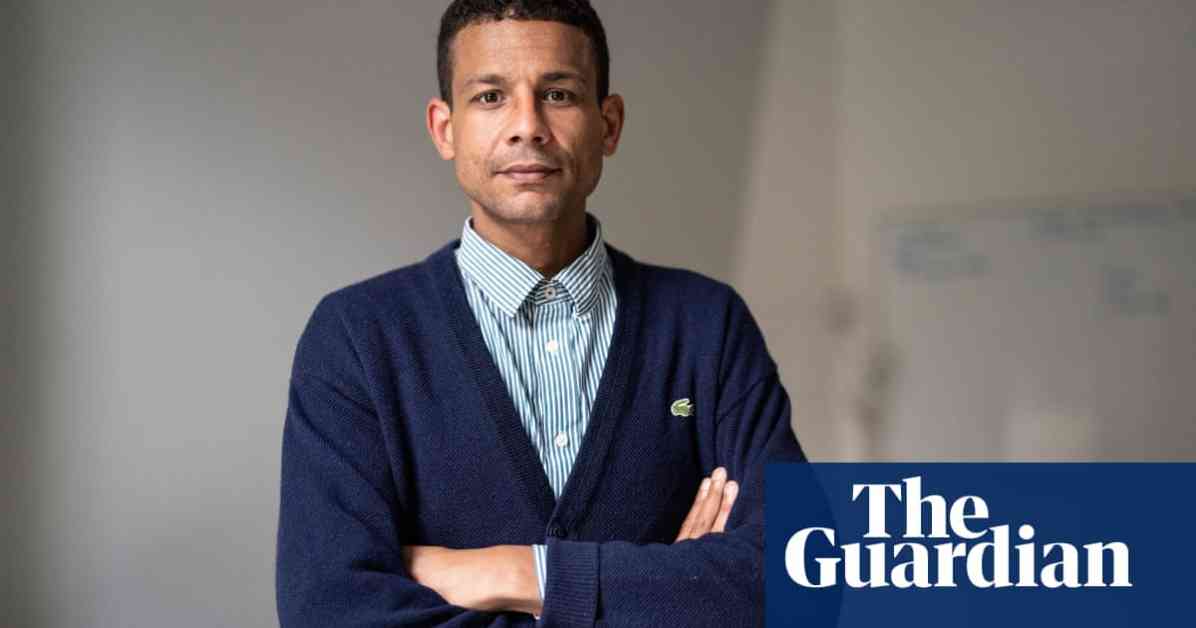The leader of the UK’s biggest education union has suggested that philosophy should be included in the curriculum of schools in England. This would provide students with more opportunities to engage in discussions about complex global issues such as conflicts in the Middle East.
Daniel Kebede, the general secretary of the National Education Union, expressed his concern that there is currently not enough space in the curriculum for classroom discussions on topics like the recent conflict in Gaza. While some schools are making efforts to hold open discussions during tutor time and assemblies, other teachers are hesitant to broach the subject.
Kebede acknowledged that many students and teachers in England have family members directly impacted by conflicts in the Middle East. He emphasized the importance of addressing children’s anxieties and concerns in a supportive manner within the school environment.
Some schools have successfully integrated discussions about challenging topics into their curriculum, but others may feel ill-equipped to address such issues. Kebede highlighted the need for teachers to remain politically neutral while still engaging students in thoughtful conversations related to current events.
The government is currently conducting a curriculum and assessment review, which is expected to provide recommendations for educational reform. Kebede proposed incorporating philosophy into the curriculum as a way to encourage children to develop their own opinions and gain a deeper understanding of the world around them.
In response to reports of increased incidents of antisemitism and anti-Muslim hate in schools, the government has allocated funding to combat discrimination. Organizations like the Community Security Trust and Tell Mama have documented instances of hate speech and harassment targeting Jewish and Muslim students.
Iman Atta, the director of Tell Mama, emphasized the importance of creating an inclusive environment where students from diverse backgrounds can engage in dialogue and foster understanding. Schools play a crucial role in promoting respect and tolerance among students of different beliefs.
Glenn Bezalel, a deputy head at a London school, noted that some schools may avoid discussing complex topics like the conflict in the Middle East due to fear of controversy. Teachers may feel unprepared to address such sensitive issues, especially when students have personal connections to the conflict.
Expert organizations like Solutions Not Sides have been working with schools to provide training in navigating contentious topics and promoting critical thinking and empathy among students. By creating safe spaces for respectful disagreement, these programs aim to empower students to engage thoughtfully with complex issues.
As the education system navigates the challenges of addressing global conflicts within the classroom, the focus remains on creating a supportive and inclusive environment for students. By promoting dialogue, critical thinking, and empathy, schools can play a vital role in shaping the next generation’s understanding of peace, justice, and equality.







